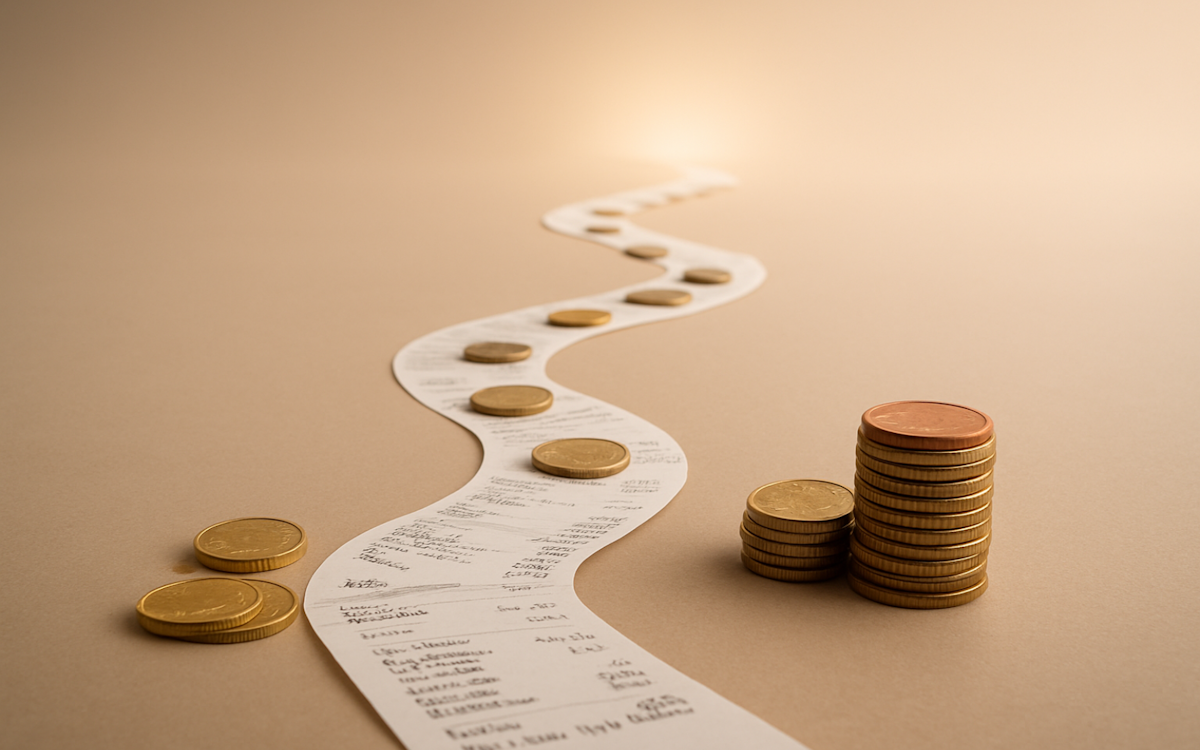Why 2025 Feels Like The Year Most Americans Hit the “Save” Button — and What It Means For You

If you’ve felt your wallet get lighter lately, you’re not alone. Across America, a quiet shift is underway: people are rethinking money, cutting back where they can, and putting savings, debt‑repayment and financial security front‑and‑center. I’ve been tracking the data — and the stories — and here’s what I see.
Inflation Is Still The Silent Wallet‑Squeezer
Prices on everyday essentials — groceries, gas, housing costs — may have cooled a bit from headline‑grabbing spikes, but many households still feel the pinch. In result, a growing share of Americans report that inflation remains their top financial concern. For a lot of families, that means cutting back on non‑essentials and thinking hard about where each dollar goes.
The Rise of “Revenge Saving” and Debt Paydown
One of the most striking trends: people are intentionally saving more. “Revenge saving” — where folks aggressively cut spending and build emergency funds — is becoming a thing. For many, the urgency isn’t long‑term dreams but short‑term resilience: paying down high‑interest debt, building a cushion against uncertainty, and trying to reclaim a sense of financial control.
At the same time, carrying credit‑card balances or high‑interest consumer debt has become riskier than ever. With interest rates elevated and the broader economy uncertain, paying off debt is often a smarter move than assuming savings or investments will “catch up.”
Money Habits Are Evolving — Not Just for the Rich
This shift isn’t limited to high earners or finance-savvy folks. Across income levels and age groups, people are rethinking previously automatic spending habits: impulse buys, multiple subscriptions, expensive recurring payments. Instead of lifestyle inflation, there’s growing interest in budgeting, prioritizing essentials, and stretching every dollar.
And what’s encouraging: many are starting to treat money in human terms again — as a tool for security, flexibility, and peace of mind — rather than a status symbol.
What This Means If You’re Trying to Get Your Finances in Order
If you’ve been stressing about inflation, debt, or retirement — you’re actually in the right wave. Here are some of the smartest moves I’m seeing people make:
Reassessing monthly expenses: cutting or pausing subscriptions, trimming discretionary spending, focusing on essentials.
Prioritizing debt repayment — especially high‑interest cards or variable‑rate loans — before chasing high returns.
Building or beefing up emergency funds: even modest savings can create a buffer against unexpected expenses or economic shocks.
Adjusting expectations: accepting that “wealth” or “comfort” may look different than pre‑pandemic ideals. Stability and flexibility are the new benchmarks.
Real Stories, Real Life: What It Looks Like on the Ground
Take one young couple I chatted with recently. Both in their early 30s, juggling full‑time work, two kids, and rising rent. They told me they hit a breaking point after watching their grocery and utility bills climb for months. Rather than scramble for a quick lifestyle upgrade, they paused new spending, canceled streaming and app subscriptions they barely used, and reallocated that cash to debt repayment and savings.
Another story came from a mid‑career professional who admitted he was always chasing catch‑up: upgrading the car, renting a bigger apartment, buying gadgets. Lately, he said, “I’m tired of keeping up appearances.” He’s now redirecting part of his salary into a high‑yield savings account — not to get rich quick — but to sleep better at night.
These aren’t financial‑blog caricatures. They’re real people. And in 2025, their stories — and decisions — are becoming the new norm.
Money isn’t glamorous right now. It carries weight, urgency, and real consequences. But maybe — just maybe — that’s a healthy shift. Because when money stops being about showing off, and starts being about security, freedom, and peace of mind? We can build something lasting.